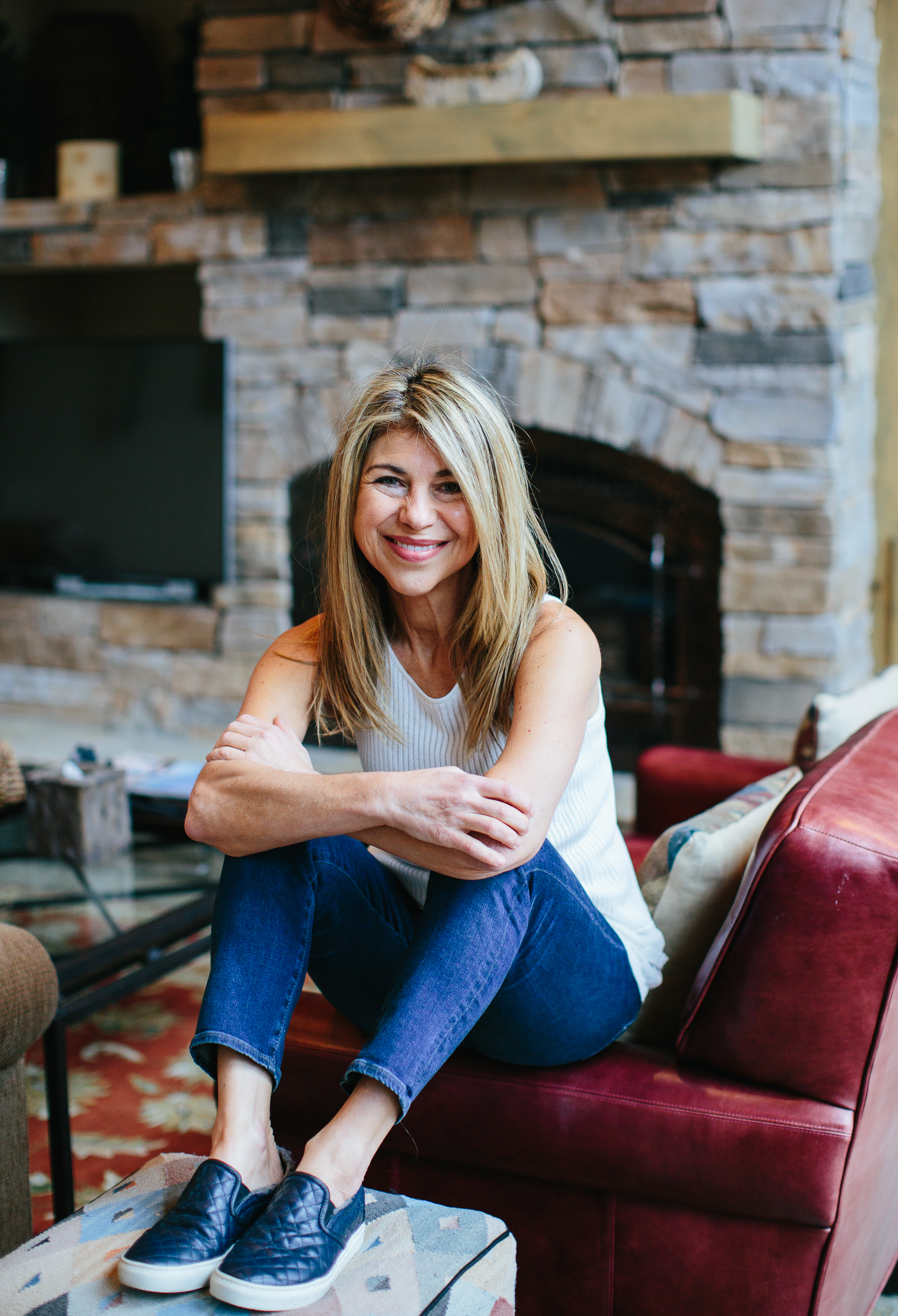What’s the state of your Life Buckets? When was the last time you checked to see how empty or full each one is?
One of the first exercises I introduce my clients to, is the process defining your 3-4 Life Buckets. Once we identify our Core Life Values (a separate exercise), we can then decide on the areas of our life that are of priority. Will it be Fun/Enjoyment, Philanthropy, Career, Parenting, Intimate Relationship, Health, etc., …? The list goes on, but the Buckets don’t. It’s imperative that we choose no more than 4, as difficult as it may be.
We do this because the biggest robber of our time and attention – the only true capital we have – is the lack of awareness and commitment about what matters most to us. Jim Collins, the author of “Good To Great”, states that “If you have more than three priorities, you have no priorities.” It’s the same with Life Buckets. Any more than 4, and we’re back to square one, hustling from morning to night and never quite achieving the feeling of satisfaction that comes from knowing that the important things got done.
So many of us hire coaches to teach us how to manage our time more wisely, be more productive, and learn new communication skills in order to set boundaries and stop people-pleasing. But none of those skills and tools can help us create sustainable transformation if we don’t slow down and take the time to identify what matters most (Life Buckets) and why (Core Life Values). Most of us are pedaling as fast as we can on a bicycle from San Diego to San Francisco, and we don’t want to take the time that is required to get off the bike, get in a car, make sure the car is serviced, has a full tank, ensure the GPS works and is programmed to our destination, and all of the other actions required to start our journey. We convince ourselves that we don’t have time to slow down, and that it’s best to keep pedalling as we always have. “At least, I’m moving forward,” we often falsely reassure ourselves.
We all know that traveling by car will have us arriving much faster and with more ease than traveling by bicycle. So what holds us back from making this transition? A few things come to mind:
- Most of us are not taught from an early age to consider what is most important to us. Instead, we are told what matters to our parents, community, religion, etc. (even super enlightened parents do this), leading to what Brene Brown calls, “The Hustle”.
- We hustle for the 4 P’s. We hustle to Prove, Perfect, Please, and Perform. In my own life, I also mastered Pretend!
- In time, these patterns become who we are. No mantra is more powerful than the proof of our own actions and behaviors. How we act is the most accurate and believable indicator of who we are. Carl Jung puts it well when he states, “You are what you do not what you say you do.”
- We buy into the myth that moving faster will allow us to cover more ground, and get closer to our goals. So we increase our speed, but not our velocity.
- Finally, we are too exhausted to consider the effort it takes to slow down and consider a different way of being.
Some of us feel this level of emotional, physical, and spiritual exhaustion around midlife (ergo the crisis), but more often now, I see clients who are experiencing this level of burnout (and the depression and anxiety that often comes with it) in their late 20’s and early 30’s. It appears that Millenials are less willing to continue the games of proving, perfecting, pleasing, and performing – and unlike me, they never engaged in pretending to begin with. I give a lot of credit to their parents for doing an extraordinary job of raising children into young adults, who apply the critical thinking they learned in school and at home, to their own lives.
The good news is that it’s never too late to get off the bicycle and in the car. There are amazing professional coaches that can help anyone at any budget to create a life of purpose and ease. Don’t deny yourself that beautiful possibility. And for heaven’s sake, don’t say, “I don’t have time!!”


